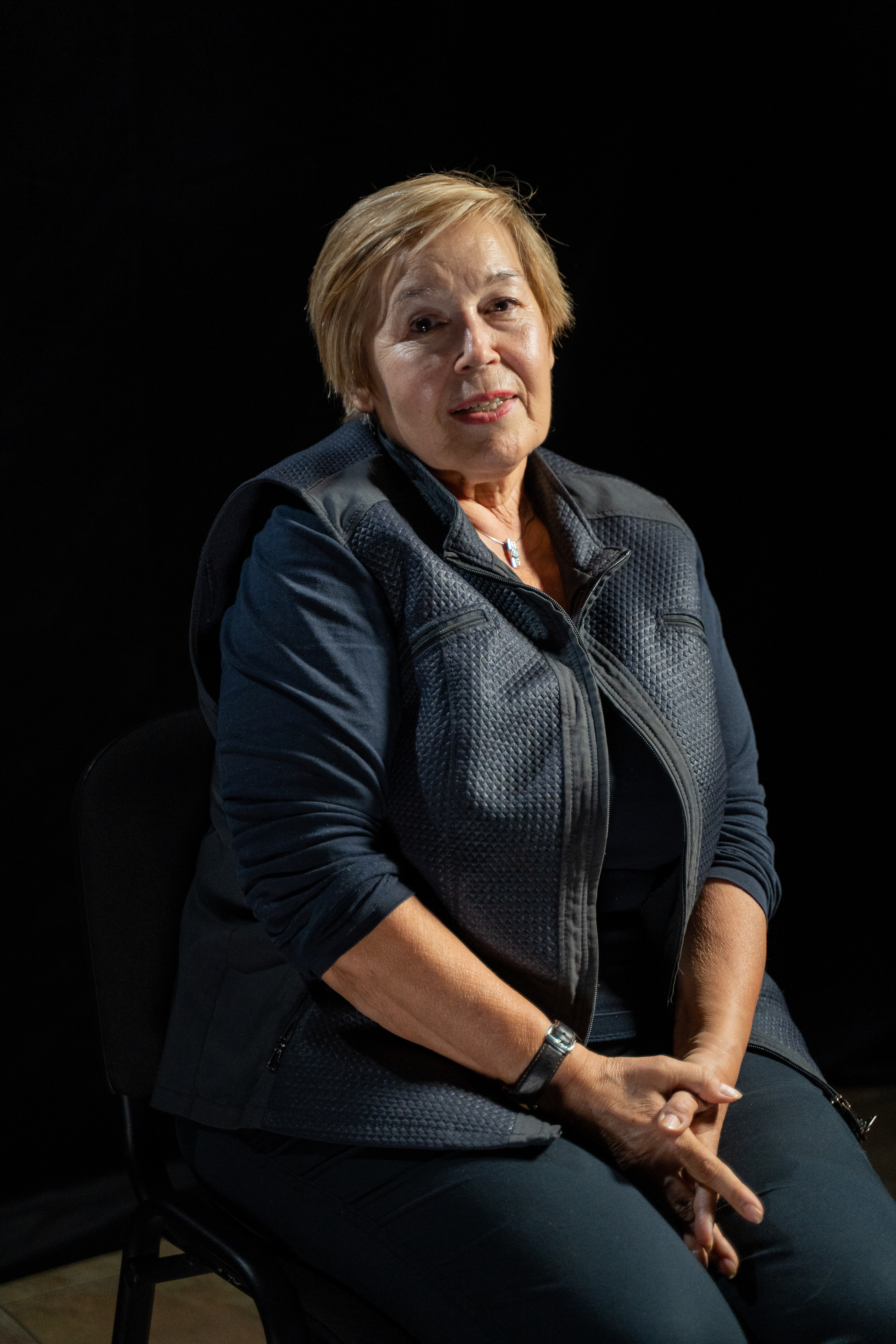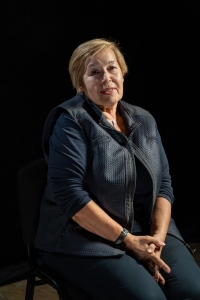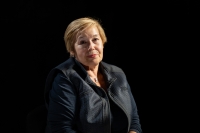People, but we are not in any prisons, in any camps, we are free

Download image
Sanja Zoričić Tabaković was born on March 31, 1950 in Zagreb. She is the daughter of Ivo Zoričić, who is of Croatian descent, and Vera Zoričić, b. Schwabenitz, who was Jewish, raised in a traditional Jewish family. Her mother’s story, as well as her family’s experience during World War II, greatly influenced her. She describes his childhood and youth as very beautiful, pleasant and carefree. She attended a Jewish kindergarten, and during her childhood and youth, she went to the Jewish community, where she socialized with other peers who gathered there. Sanja studied law after finishing elementary school and high school. She spent her entire working life as a judge, first at the First Instance Misdemeanor Court, and then at the High Misdemeanor Court in Zagreb. She is a member of the Jewish Municipality of Zagreb and participates in the management structures of the Municipality. She was the president of the Council of National Minorities of the Republic of Croatia. For many years she was a member of the Council of the Public Institution of the Jasenovac Memorial. She is the founder and head of the Shoa Academy, an institution that provides education on the Holocaust, Jewish culture and tradition, and similar topics, for teachers and students. She is a representative of the Jewish minority in the Zagreb City Assembly and advocates for the improvement of the position of national minorities in Croatia.

